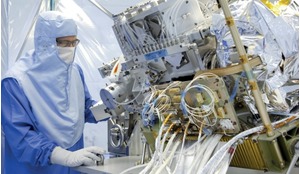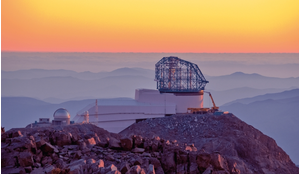The UK Space Agency has set a target of increasing the nation’s global share of the space industry from five to 10 percent by 2030. As part of this, in July 2014, the Agency announced a shortlist of several sites around the country that it identified as potential locations for the UK’s first spaceport(s). It realised that, while the UK builds a relatively large proportion of the world’s small satellites and is the second largest manufacturer of non-academic satellites in the world, it has no launch capability; indeed, it has not had a launcher for over 50 years, since it scrapped Black Arrow. Currently, UK satellite developers transport their systems overseas to be launched, paying large sums and running the riskof delays. The British government recognised that small, innovative developers with potentially game-changing technologies were being priced out of the market and identified an opportunity which it is supporting with funding, policy and spaceflight regulations.
One of the shortlisted sites for horizontal launch was Cornwall Airport Newquay, a civilian airport in the far southwest of the UK. The site made the shortlist due to its long runway, clear airspace, direct access out over the sea and low resident population. Fast forward six years and that site, now known as Spaceport Cornwall, has partnered with Richard Branson’s Virgin Orbit, secured £20 million ($26m) of investment and is set to conduct one of the first satellite launches from the UK in late 2021.
In common with many space-related projects, reaching this stage has not been easy. Spaceport Cornwall recently finalised a funding package, which included almost £20 million of public money, of which £12 million was secured from local government (Cornwall Council). This was determined by an extensive eight month democratic process, culminating in a Full Council decision on 28 November 2019 which passed with a vote of 66 to 34, with one abstention.














